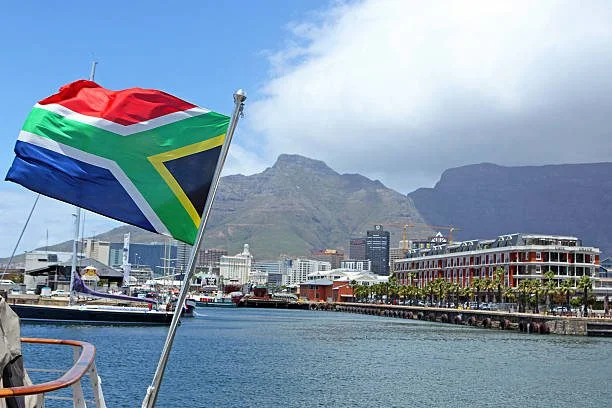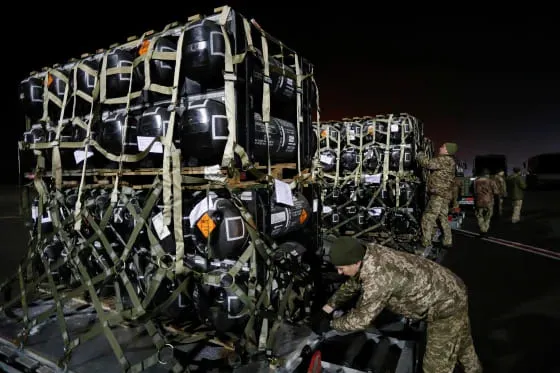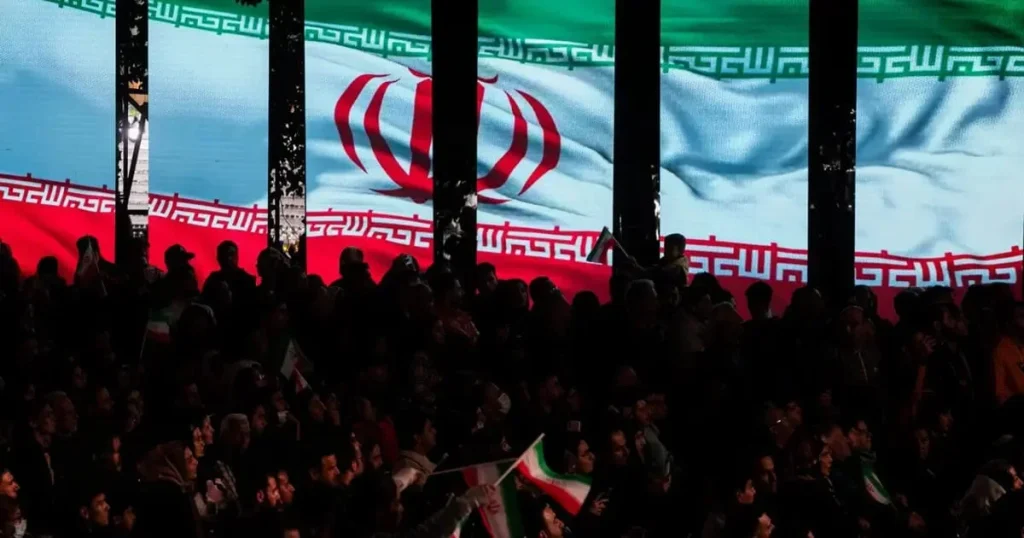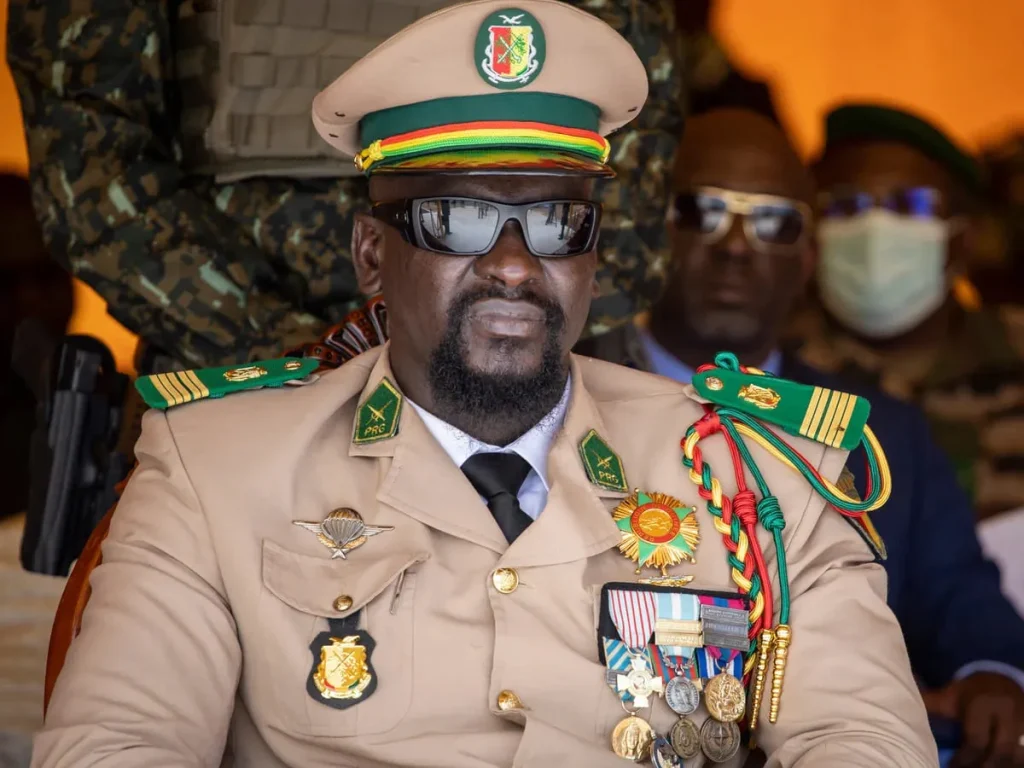Conflict among partners in South Africa’s newly formed coalition government is anticipated, but the leader of the country’s second-largest political party believes it will not be “catastrophic” for efforts to address the nation’s challenges.
John Steenhuisen, head of the Democratic Alliance (DA), spoke on Thursday about his party’s unexpected alliance with the long-dominant African National Congress (ANC) following May’s national election. This coalition has brought together former rivals from different ends of the political spectrum to govern together.
Steenhuisen acknowledged that this partnership would face significant challenges, referring to it as “a marriage of inconvenience” amid South Africa’s ongoing struggles with poverty, inequality, unemployment, and struggling state enterprises. He stated that disagreements are likely to arise between the DA, which leans center-right, and the left-leaning ANC over the course of their five-year parliamentary term, but he emphasized that such conflicts should be expected.
“Disputes over policy… are not necessarily a threat to the government’s stability,” Steenhuisen remarked during a lunchtime address at a luxurious sports club in Cape Town. “There will be conflicts. There will be policy differences.”
The ANC and DA, along with eight smaller parties, formed a “government of national unity” after extensive negotiations following the May 29 election. This historic coalition was necessitated by the ANC’s loss of its parliamentary majority for the first time since the end of apartheid in 1994, thrusting the nation into unprecedented political territory.
The coalition was officially established at the end of June and is tasked with addressing South Africa’s staggering unemployment rate, which stands at 32%, the highest globally outside war zones. The country’s economic growth has stagnated for over a decade, prompting Steenhuisen, who previously led the opposition and is now the minister of agriculture, to declare that his party would prioritize these issues within the government.
“Economic growth and job creation. Growth and jobs. My party will not allow anything to hinder that,” he asserted.
Potential conflict was highlighted by the impending signing of an education bill by President Cyril Ramaphosa, the ANC leader, which the DA vehemently opposes. Steenhuisen indicated that if Ramaphosa proceeds with the legislation, the DA will take legal action against the government, accusing the ANC of disregarding its coalition partners.
The DA also stands firmly against a proposed national health law that aims to make the government the sole purchaser of healthcare services. Critics, including Steenhuisen, argue that this law could undermine the private healthcare sector instead of enhancing public healthcare. He reiterated the party’s commitment to challenge this legislation in court, further illustrating the tension between the coalition’s key players.
Despite these conflicts, Steenhuisen pointed out that there is also “a long list” of policies the DA and ANC have agreed upon in the two and a half months since the coalition was formed. These agreements mainly focus on economic reforms aimed at revitalizing an economy that should be a leader in Africa and the broader developing world but only achieved a mere 1.9% GDP growth in 2022 and a scant 0.6% last year.
Steenhuisen emphasized that when it comes to economic reforms that would stimulate job creation and combat poverty, Ramaphosa and the ANC “have no better ally than the Democratic Alliance.























